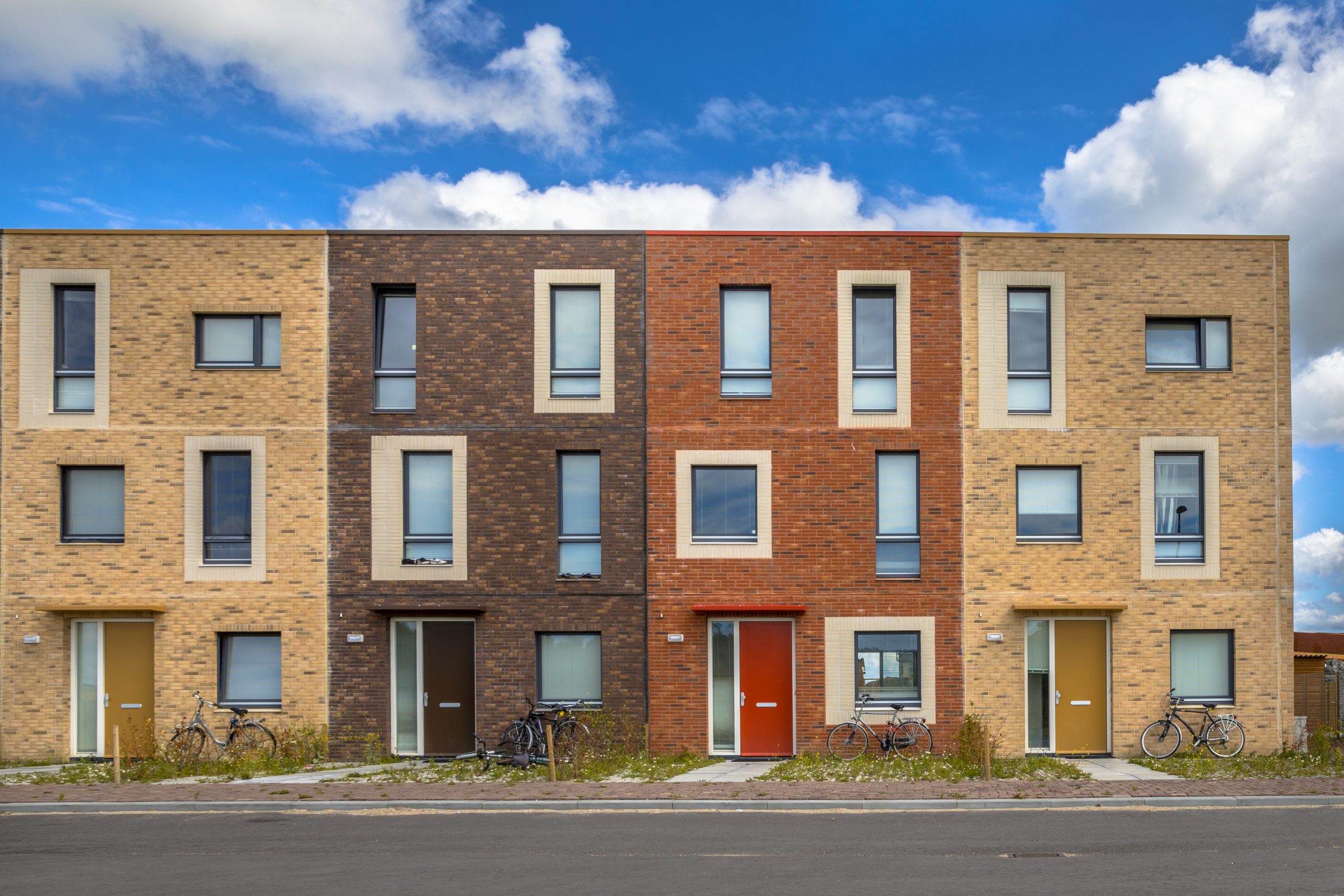
On 14th of April 2022 Jack Simpson and Lucie Heath wrote in inside housing about the 35 developers signing pledge to fund fire safety fixes and as a result building Safety Levy being extended to all buildings. According to them,
The government has announced that the Building Safety Levy would be extended to earn an additional £3 billion as 35 developers sign a pledge to fix buildings they have built that have fire safety issues.
Ministers confirmed in a statement released this morning that the Building Safety Levy will be extended to include all new residential structures in England, raising an estimated £3 billion over ten years.
It comes as the government unveiled the list of builders who have signed up to the plan, which will see them spend about £2 billion fixing any buildings they have erected in the last 30 years.
Barratt, Berkeley, Bellway, and Ballymore are among the biggest house builders embroiled in the building safety crisis, as are numerous medium-sized builders.
Developers have pledged to “undertake or obtain at its own costs… all necessary rectification and/or mitigation work to resolve life-critical fire safety deficiencies as promptly as reasonably practical” as part of the pledge.
This includes structures constructed on behalf of social landlords under Section 106 agreements.
The government has also committed to expanding the Building Safety Levy to all residential buildings as part of today’s statement.
Previously, the fee, which developers will have to pay when applying for planning clearance for a block, only applied to structures taller than 18 metres.
The £3 billion raised from the extended tax will be used to pay for ‘orphan blocks,’ where the developer responsible for the building cannot be identified and/or cannot be forced to pay by law.
This will be in addition to the already announced Residential Property Tax, which will be imposed on developers who make profits of more than £25 million and is estimated to raise £2 billion over the next ten years.
In addition to the new funds, the commitment will require builders to reimburse the government for any funds allocated to their buildings under the £1 billion Building Safety Fund or the £200 million ACM remediation fund.
Builders have promised to contact all relevant building owners and leaseholders within one month to confirm that their blocks would be covered by this letter.
Developers who have yet to sign up have been told that if they do not do so, they will face repercussions, according to Housing Secretary Michael Gove.
The government threatened to “shut down” developers in February if they did not agree to the government’s new plan, which included directives barring house builders who refused to pay from gaining planning clearance or building control sign-off for their projects.
Mr Gove said today that the new developments were a major step forward in safeguarding leaseholders and ensuring that those responsible pay to resolve the situation.
“However, this is only the beginning,” he continued. We will do all it takes to hold industry accountable, and there will be no hiding place under our new policies.”
The developers’ commitment is the latest chapter in the building safety crisis, and it comes after Mr Gove’s January ultimatum, in which he demanded that developers commit to remediating all of their buildings taller than 11 metres, as well as provide an additional £4 billion in funding to remediate cladding on all outstanding buildings between 11 and 18 metres.
This is in addition to the £5.1 billion pledged by the government through the Building Safety Fund for non-ACM materials on structures taller than 18 meters.
House builders have agreed to address all “life-critical fire safety” flaws, which the government has stated will include both cladding and non-cladding issues. When pressed for a definition of “life-critical fire safety,” the department stated that the new PAS 9980 fire safety standard would be used.
Leaseholders around the country have been faced with charges to pay for other fire safety faults such as missing cavity barriers and other compartmentation concerns, in addition to cladding issues.
Mr Gove suggested new laws in February that would require developers and manufacturers to pay for non-cladding cleanup work first, before moving on to freeholders if they have the financial capacity to do so.
If these efforts fail, leaseholders will be responsible for these expenditures, with a ceiling of £15,000 for those who live in London and £10,000 for those who live outside of the city.
This will be included in the Building Safety Bill, which is now undergoing legislative review before becoming law.
In addition to extracting payments from builders, the government announced today that cladding and material producers have yet to contribute to the issue’ resolution, and that it will hold them accountable.
Mr Gove has now written to the Construction Products Association, expressing his disappointment that the manufacturing industry has not made the same commitment as the developers and promising to pursue these companies through its new recovery unit.
He also stated that he would explore using other tools at his disposal to ensure that “severe business and reputational penalties for those firms that have not stepped up” are imposed on those who have not done so.
“This agreement signals significant progress achieved by the secretary of state in ensuring that innocent leaseholders are not hit with debilitating and unjust penalties,” said Rhys Moore, executive director of public impact at the National Housing Federation, in reaction to the new promise from developers.
“It is only right that all developers who developed these homes accept responsibility, and that obligation must include paying to make structures safe for social housing users.” Developers can shield low-income individuals from bearing the bill by paying to rectify their mistakes, while also ensuring the future supply of housing at affordable rate.
Housing spokesperson at a local government association, David Renard said that the organization was “pleased” with the announcement, but called on to the ministers to guarantee that councils were exempt from the levi.
